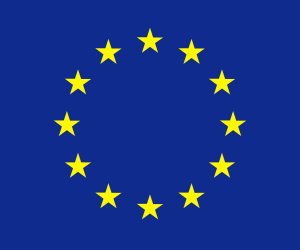WHO and UNICEF call for global action against ultra-processed foods

The World Health Organization (WHO), UNICEF and leading nutrition experts have published three scientific papers urging coordinated global action to curb the spread of industrially produced ultra-processed foods, warning that their rising consumption poses growing health risks. The findings were reported by The Lancet editorial team.
Researchers note that consumption of these products is increasing worldwide, driving dietary shifts away from raw and minimally processed foods. According to Carlos Monteiro, a professor at the University of São Paulo, these trends are reinforced by large multinational corporations that profit heavily from such foods and rely on political lobbying and aggressive marketing to expand their markets.
Monteiro and other scientists have studied the impact of ultra-processed foods—typically made from hydrogenated fats, fructose syrups, sugars and other cheap, high-calorie additives—since 2009.
A review of data from UN member states showed similar patterns across most countries. Researchers concluded that national diets are rapidly being replaced by ultra-processed products produced by large global corporations whose annual revenues from these items exceed USD 1.9 trillion.




































 Photo
Photo 



 Video
Video 

